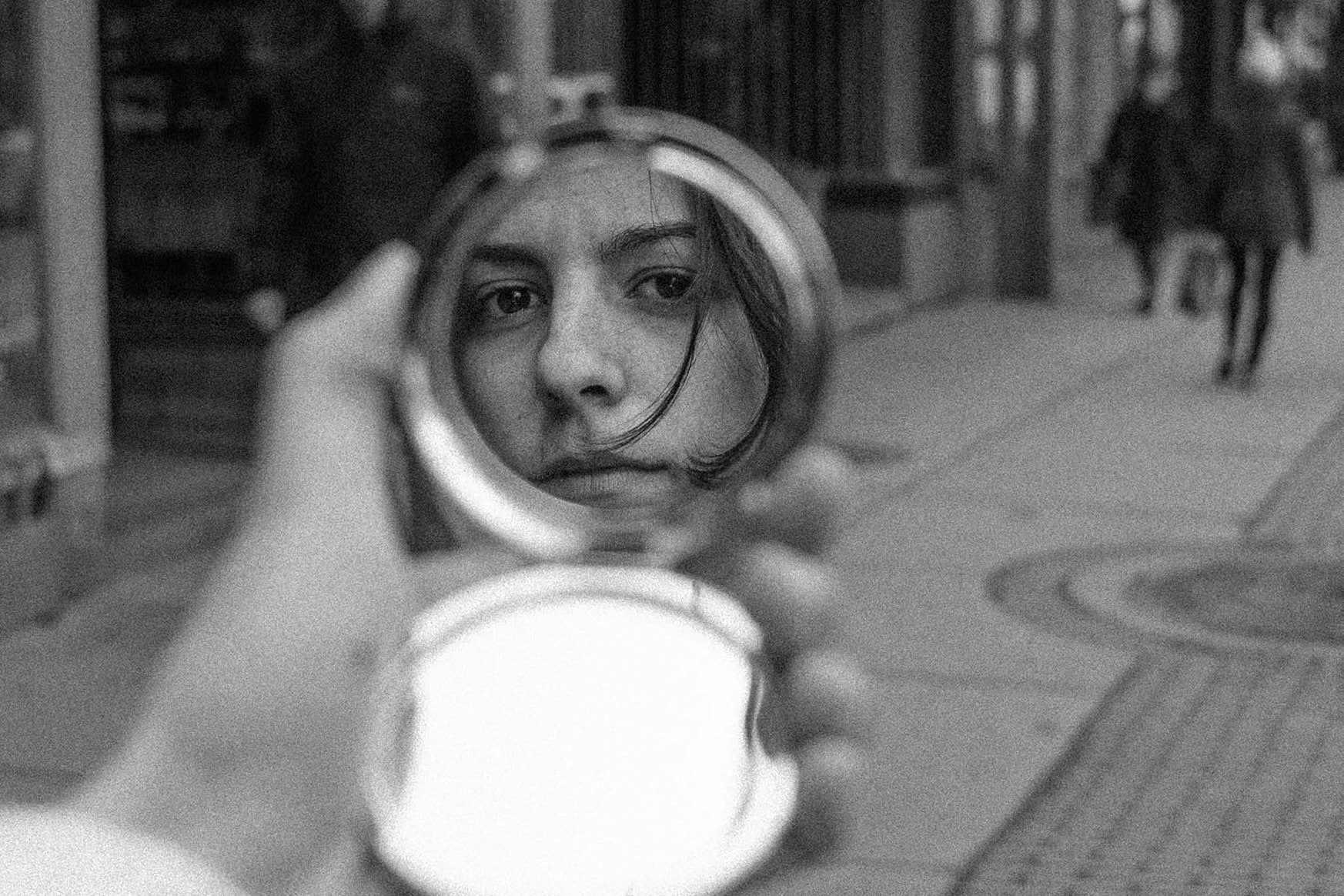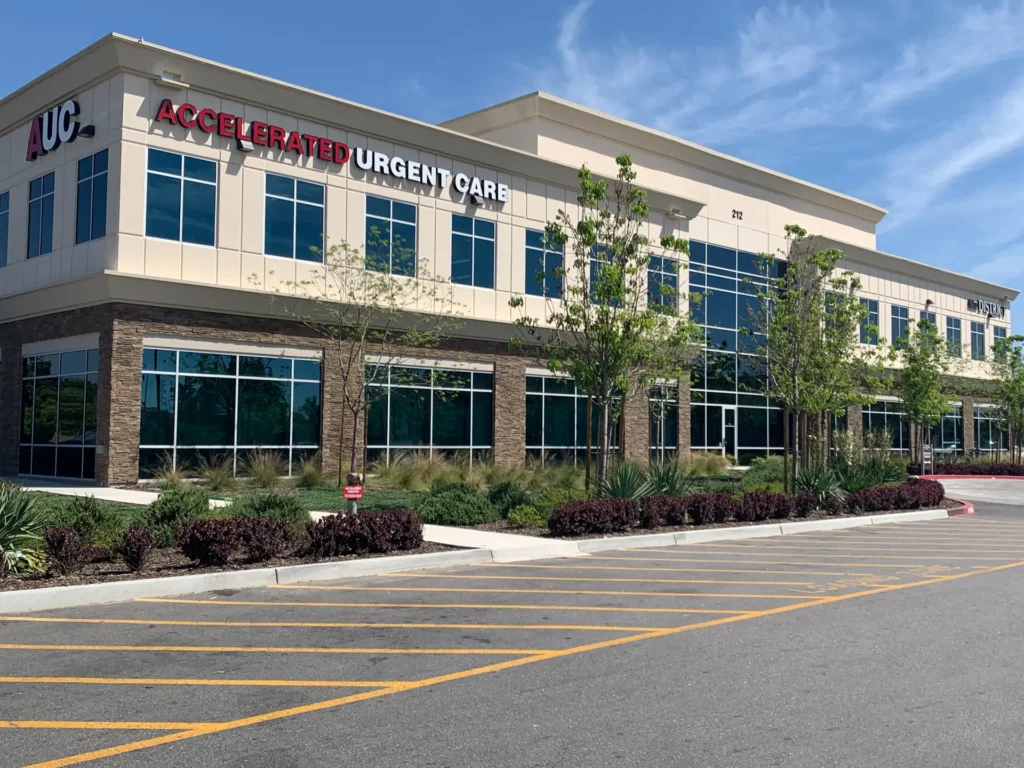Good decisions come from experience. But experience comes from bad decisions.Learn from mistakes and move on. You have to learn something from your bad judgement to actually gain experience. To continue to good judgement, you have to act on the experience. In other words, you have to learn.
You have to make a decision and do something to get a result. If the result is beneficial, it was good judgement. If not, you now have the experience, provided you learn from it. However, in an attempt to save time, we rush it, and fail to give adequate consideration to the task at hand. When it goes badly, how do we determine what went wrong, and how to do better next time? What do we learn from this attempt, so that we may claim it as experience?
To claim a result as experience, and to help make better decision next time, we have to figure out what went wrong. Was it in our assumptions, or was it in our effort? Did we know all we needed, or did something unexpected happen? When we can answer that, and formulate a better plan, we have gained experience.
So as you look back at your life and think about some of the poor choices you have made, you might find yourself wondering exactly why you made those decisions that seem so poor now in retrospect. While it goes without saying that you will probably continue to make bad decisions, you can gain a deeper understanding of the process behind these sometimes irrational choices.
Surprisingly, people tend to have an inborn optimism trait which hampers good decision-making. However, when people are told that the risk of something bad happening is lower than they expected, they tend to then adjust their predictions to match the new information they learned. When they discover that the risk of something bad happening is actually much higher than they estimated, they tend to simply ignore the new information.
This isn’t necessarily a matter of believing that things will just magically fall into place, but instead overconfidence in our own abilities to make good things happen. Because we are overly optimistic about our own abilities and prospects, we are more likely to believe that our decisions are the best ones.
Consistently making good decisions is arguably the most important habit we can develop, especially at work. There aren’t many jobs left in the world today that don’t require multi-tasking. While that’s the reality, performance and decision-making effectiveness, suffers when we focus on multiple tasks at the same time. When we need to make important decisions, we need to commit our time to focus deeply on the task at hand.
While the decision-making process should be thorough, the best way to make good decisions is usually not to take more time or to look at more information. Rather, review the relevant data you need, set a deadline to make a decision, and then stick to it.





